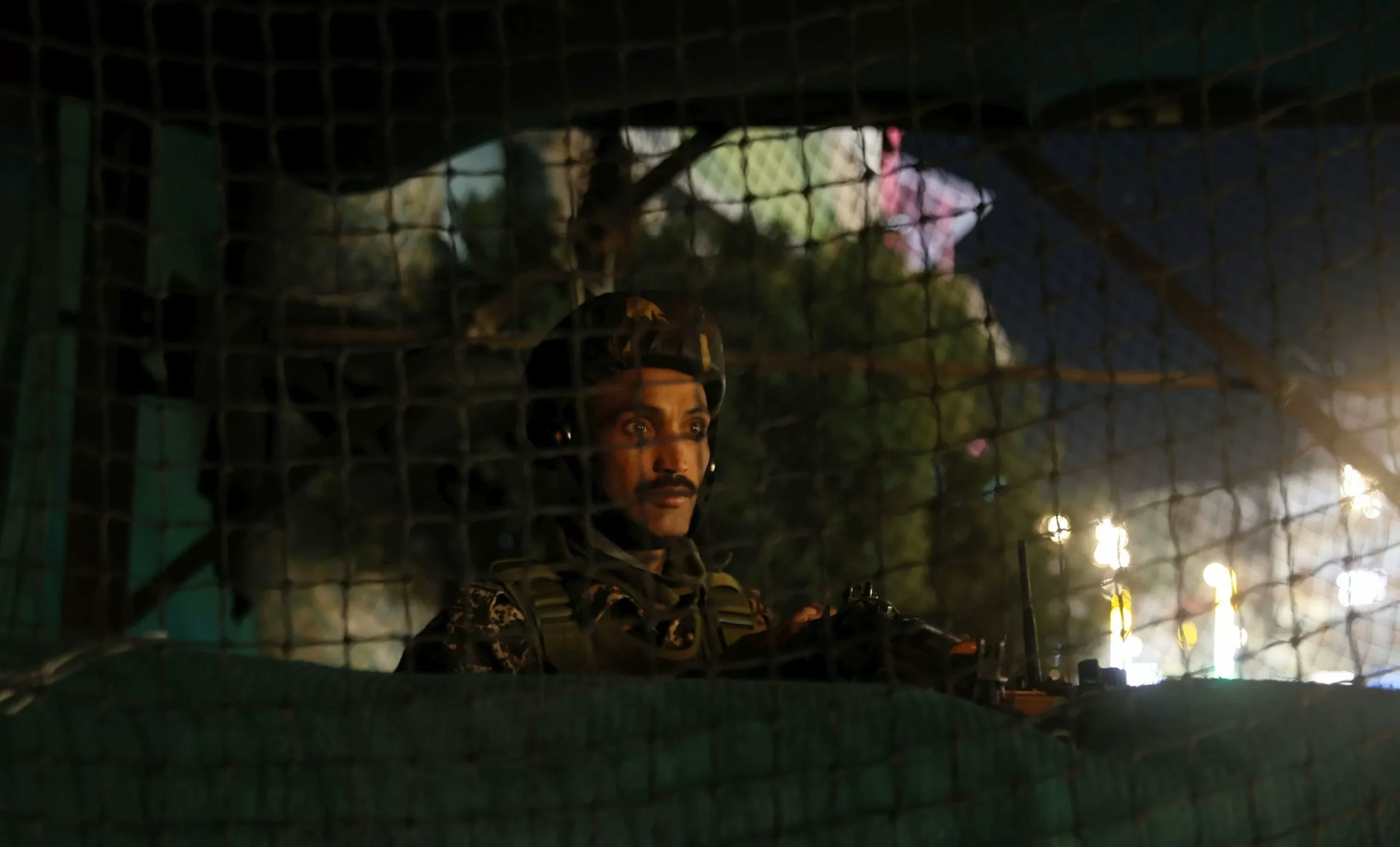India and Pakistan are two neighboring countries in South Asia with a long history of political tensions. However, recently, the two nations have been engaging in a different kind of rivalry – a race to acquire and maintain nuclear weapons. This became even more evident on Thursday, as both sides traded accusations of mismanagement of their respective nuclear arsenals. This has raised concerns not only within the subcontinent but also in the international community, calling for a closer scrutiny of the situation.
The tension between India and Pakistan has been ongoing since their independence from British rule in 1947. It has led to multiple wars and border conflicts, making the region one of the most volatile in the world. The situation escalated even further in February this year when India carried out airstrikes on alleged terror camps in Pakistan, following a deadly attack on its troops in the disputed Kashmir region. In retaliation, Pakistan shot down an Indian fighter jet and captured its pilot, sparking fears of a full-scale war between the nuclear-armed rivals.
While the two countries have since de-escalated the situation, the recent exchange of accusations regarding their nuclear arsenal has once again raised concerns about the stability and safety of these weapons.
India’s Defense Minister, Rajnath Singh, accused Pakistan of “perpetually raising the threshold” for the use of nuclear weapons, by overtly threatening to use them in case of any military aggression. He also expressed concerns about the safety of Pakistan’s nuclear weapons, as the country is plagued with internal threats, including terrorism.
On the other hand, Pakistan’s Foreign Minister, Shah Mahmood Qureshi, accused India of “politicizing and militarizing” space, and called for the international community to “stop India from destabilizing the region with its arms buildup.” He also claimed that India’s missile testing, including its anti-satellite missile test in March, poses a significant threat to regional peace and stability.
Both sides have urged for international scrutiny of the situation, highlighting the urgent need for better communication and cooperation between the two countries to address their nuclear concerns. This is a valid concern, as any mismanagement or miscalculation regarding nuclear weapons can have catastrophic consequences not just for India and Pakistan but for the entire world.
The international community must step in and play a more active role in easing the tensions between the two nations. The United Nations, in particular, has an important role to play in promoting dialogue and finding a peaceful resolution to the long-standing issues between India and Pakistan. As the most significant platform for international peace and security, the UN must prioritize the situation in South Asia and work towards reducing the risk of a nuclear confrontation.
It is essential for both India and Pakistan to prioritize the safety and stability of their nuclear arsenals. As nuclear-armed nations, they have a responsibility towards the international community to ensure that their weapons are not mismanaged or fall into the wrong hands. The two countries must engage in open and honest communication and cooperation to address their mutual concerns and build trust.
Moreover, the international community should offer assistance and support to India and Pakistan in maintaining and securing their nuclear weapons. This could include providing training, technical expertise, and resources to enhance the safety and security of these weapons.
In conclusion, the recent exchange of accusations between India and Pakistan over their nuclear arsenals is a matter of grave concern for the entire world. With both countries possessing nuclear weapons, any mismanagement or miscalculation can have severe consequences. It is imperative for the international community to step in and promote dialogue and cooperation between the two nations to ensure the safety and stability of their nuclear weapons. India and Pakistan must also take responsibility for their actions and work towards building trust and addressing each other’s concerns. Only through open communication and cooperation can the two nations move towards a more peaceful and stable future.






![Complete BritRail Pass Guide [Types, How to Use It, Pros + Cons]](https://inside-news.uk/wp-content/uploads/2025/06/00221EB4-BCA2-4DBB-6CD4-83DBC37D71FA-120x86.webp)















